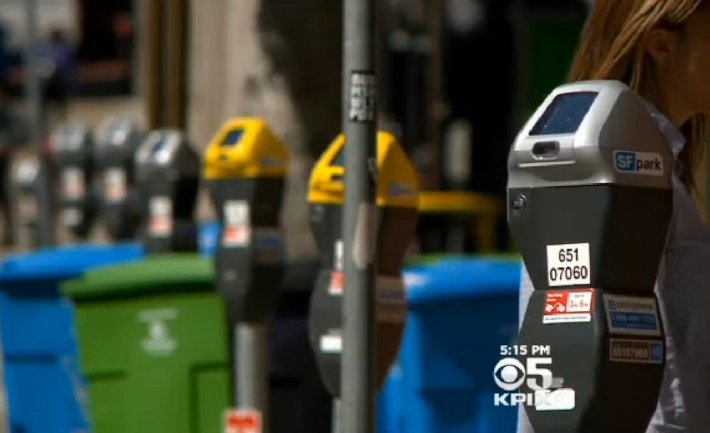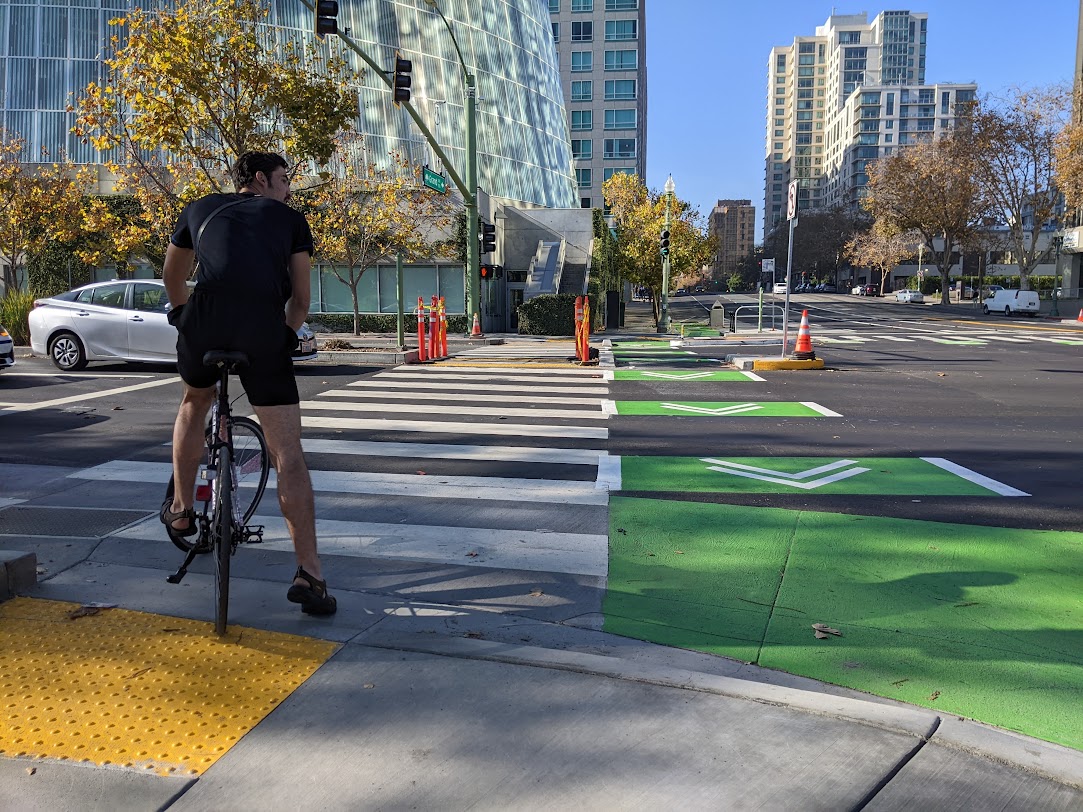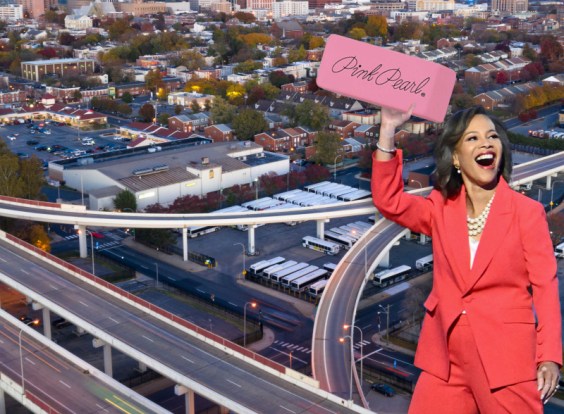The SFMTA recently upgraded all of SF's 29,000 parking meters to "smart meters" that are enabled for demand-based price changes throughout the day, a la SFpark. Now, the SFMTA plans to expand its smart pricing program that has curbed car traffic to more existing meters.
"SFpark showed that demand-based pricing can improve parking availability without increasing double parking, congestion, or parking citations," said SFMTA spokesperson Paul Rose. "Our next challenge is to figure out the right mix of pricing and real-time information to make SFpark work in every neighborhood in the city. We'll be working with stakeholders to find a win-win that creates less frustration, smarter travel choices, and fewer citations for every neighborhood."
Under SFpark, the SFMTA has used "demand-responsive" pricing at about a quarter of the city's meters since 2011. During a two-year pilot phase, the federally-funded program proved that by adjusting prices to demand, enough parking spaces could be made available to eliminate the need to circle for a spot.
Once the SFpark pilot phase ended, the in-ground sensors used to measure parking occupancy were shut down. But the SFMTA can still measure occupancy using the smart meters, albeit with slightly less accuracy, since they transmit payment data.
By all measures, SFpark successfully proved Professor Donald Shoup's theory. At the meters included in the program, cruising for a spot was cut was cut by 30 percent, and meter-related parking tickets cut by 23 percent, according to the SFMTA's report. Average on-street meter rates dropped by 4 percent, and double parking dropped 22 percent (compared to 5 percent in control areas).
Like the pre-existing SFpark meters, all of SF's meters now accept credit cards and have digital displays. Those features, along with relaxed time limits, are aimed at easing the experience of paying for parking and reducing parking tickets. The SFMTA also recently placed stickers with simple explanations of tow-away hours on every applicable parking meter.
But the SFMTA has met with fierce political resistance over installing meters for demand-based pricing at spots that were formerly free. In 2013, the Board of Supervisors hamstrung the SFMTA's ability to expand meters for five years. The agency also abandoned plans to expand SFpark into the Dogpatch and Potrero Hill neighborhoods, and watered down plans in the northeast Mission.
Residents who fought new meters initially said they didn't trust SFpark's dynamic pricing, fearing it would let the SFMTA raise meter rates (though the SFMTA doesn't make money when rates are higher than demand). But even after the SFMTA removed the dynamic pricing feature from its proposed new meters, vocal neighbors continued to protest against paying for parking -- period.
Expanding SFpark to existing meters shouldn't be controversial. And as voters' rejection of Proposition L showed, the majority of San Franciscans are not interested in enshrining free parking (or poorly-assessed meter rates, for that matter).
But when it comes to paying for parking, it apparently doesn't take much set off the anti-meter crowd. The supervisors and the mayor, however, don't have to let them dictate whether SF gets to manage parking with a cutting-edge program looked to by cities around the world.





